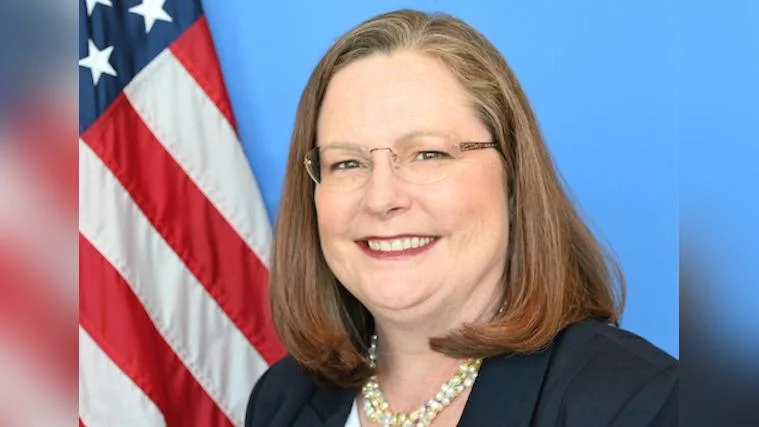April 17, 2025 - The 62nd Session of the Scientific and Technical Subcommittee (STSC) of the United Nations Committee on the Peaceful Uses of Outer Space (COPUOS) witnessed a U.S. presentation focusing on the impacts of satellite constellations on astronomy. U.S. Representative Ryan Guglietta delivered the remarks, emphasizing the need to balance the benefits of satellite technology with the preservation of astronomy.
Guglietta highlighted the role of satellite constellations in providing communication services during emergencies, such as the recent wildfires in California. He stressed the importance of engaging multiple stakeholders to find practical solutions that address the increasing brightness of satellites affecting astronomical observations.
"One key observation is that there is not a one-sized-fits-all solution and that there are many factors that contribute to a satellite’s observed brightness from Earth," Guglietta said. He underlined the importance of early engagement in satellite design to mitigate costs and incorporate necessary changes before deployment.
Guglietta also praised U.S. satellite manufacturers for their innovations in minimizing satellite brightness through techniques like dielectric films, dark paint, and operational modifications. "Making satellites more reflective by attaching a dialetric film to a flat surface preferentially reflects light away from the Earth and makes them dimmer," he noted.
International collaboration was equally emphasized, with the United States working closely with the National Science Foundation and the Federal Communications Commission to coordinate efforts in satellite licensing and astronomy protection. "These requirements are publicly available on the FCC’s website," Guglietta added.
The U.S. supports the multistakeholder approach by hosting domestic discussions involving astronomers, operators, and academics to foster solutions. Guglietta expressed appreciation for the "Group of Friends for Dark and Quiet Skies," led by Chile and Spain, for their ongoing work to advance awareness and technical solutions.
Overall, the U.S. stands firm on addressing these emerging challenges to ensure that satellite progress does not overshadow the essential discoveries in astronomy.

